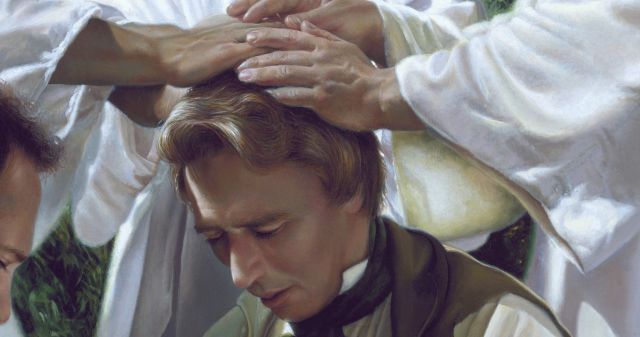To accompany your Come Follow Me study for July 28-August 3
In addition to reading this section you may want to read:
- Chapter 31: Doctrine and Covenants 84 (churchofjesuschrist.org)
- Joseph Smith’s Revelations, Doctrine and Covenants 84 (churchofjesuschrist.org)
- Gospel Topics, “Priesthood,” at https://www.churchofjesuschrist.org/study/manual/gospel-topics/priesthood?lang=eng
- Guide to the Scriptures, “Covenant,” “Oath,” and “Oath and Covenant of the Priesthood, at https://www.churchofjesuschrist.org/study/scriptures/gs?lang=eng
You may also enjoy the following video:
If you would like a Kahoot game related to this section which you could use with your family or your class, click here: https://create.kahoot.it/share/doctrine-and-covenants-84/ece67ea3-74ee-4f17-840e-838079f1cd37. To use it with a group, after clicking on this link, you will need to log into Kahoot, creating a free account if you have not done so previously, then click on the blue “Host Live” button or the gray “Assign” button, depending on how you wish to use the Kahoot. Some of the Kahoot questions may presuppose that the player has read through the suggested answers to the following Points to Ponder and at least has browsed the Institute student manual as well.
Points to Ponder in Doctrine and Covenants 84
1. Which do you consider the most likely reconciliation of 84:4-5 with the fact that we don’t yet have a temple in Independence, Missouri
a. A “generation” here means an era of indefinite length.
b. There are still people alive who were around in 1832 and will continue to live until this passage is fulfilled.
c. The term “shall be reared” should be read as a commandment rather than a promise.
d. The Lord rescinded the time limitation because of the opposition the Saints encountered from their enemies.
e. The passage was fulfilled by the building of the Kansas City Temple.
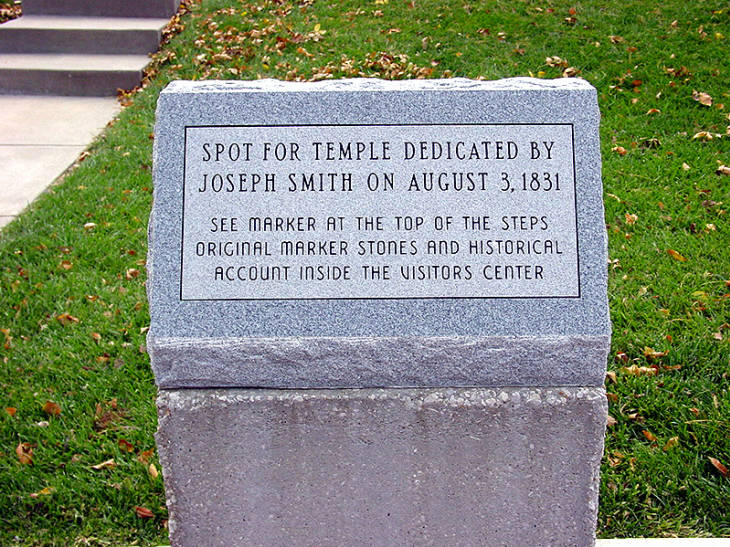
2. The sentence which begins in verse 6 is concluded in what verse after a lengthy detour?
3. How would you condense the essence of that long sentence down to 25 words or less?

4. Which of the following do you believe is the most likely meaning of the statement that the Melchizedek Priesthood holds the “key of the mysteries of the kingdom, even the key of the knowledge of God”? (84:19)
a. Prophets will always hold the Melchizedek Priesthood.
b. Melchizedek Priesthood holders can know more about God than can Aaronic Priesthood holders, women, and children.
c. Temple ordinances are administered by the authority and power of the Melchizedek Priesthood.
d. Melchizedek Priesthood ordinances are greater spiritual experiences than Aaronic Priesthood ordinances.
5. How do you reconcile 84:22 with the fact that Joseph Smith saw the face of God without holding the Melchizedek Priesthood?
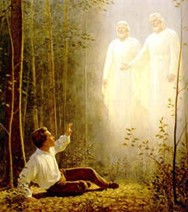
6. What significant information do we learn from D&C 84 about the children of Israel during Moses’ time that is not clear from the Bible as we have it today?

7. The “rest” (84:24) which the Lord decreed the ancient Israelites would not enter was
a. the land of Canaan
b. the opportunity of enjoying the Sabbath Day
c. the celestial kingdom
d. a state of spiritual peace
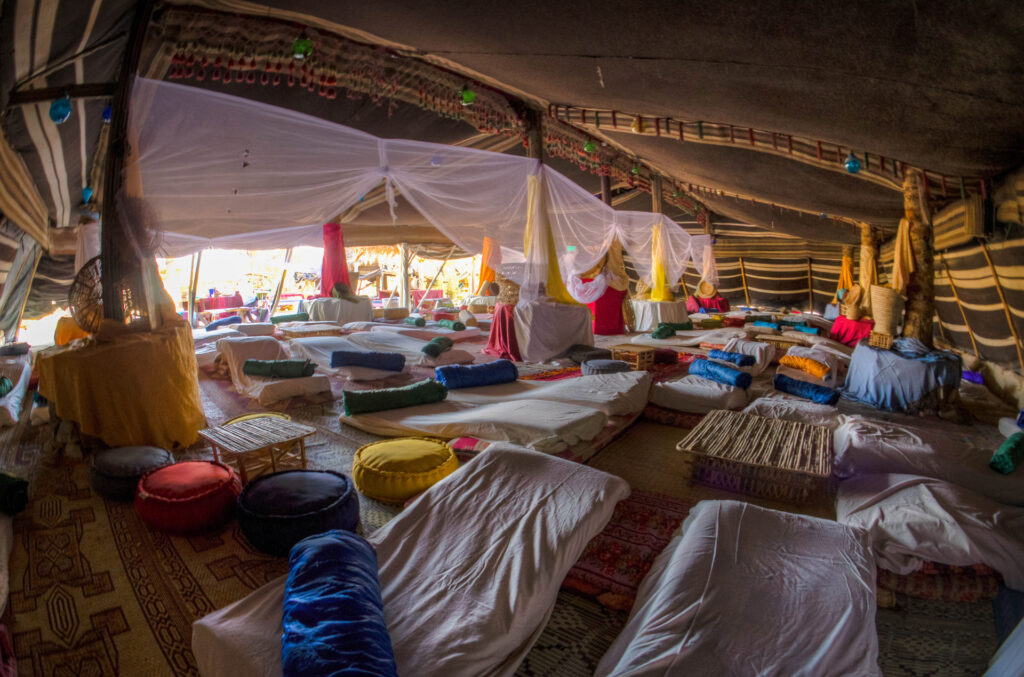
8. The promise of 84:33 of a renewing of bodies seems to mean that the righteous will
a. be resurrected
b. feel younger and more vigorous
c. be adopted into the House of Israel
d. all of the above
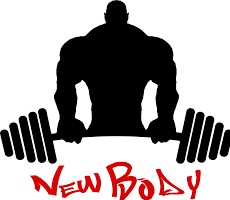
9 How can the Lord promise such great blessings to “all … who receive this priesthood” (84:35), when many who have received the priesthood are now inactive?
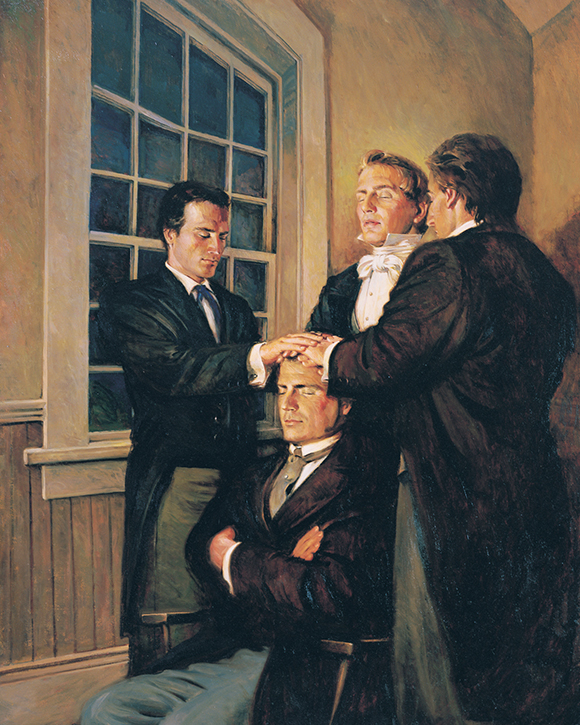
10. Since such severe penalties are threatened to those who break the priesthood covenant (84:41), wouldn’t it be safer never to accept the priesthood in the first place? Explain.
11. The meaning of the term “word of the Lord” as used in 84:45 is closest in meaning to
a. the scriptures
b. the teachings of the living prophets
c. personal inspiration
d. priesthood power
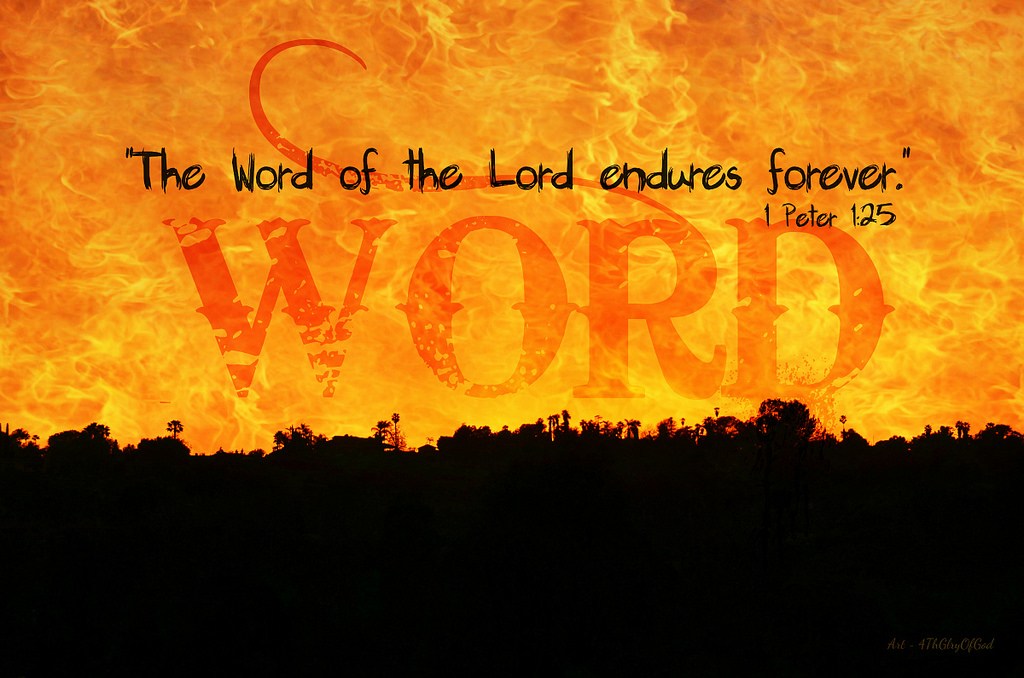
12. How could John be ordained at eight days when you have to be baptized first and we don’t believe in infant baptism?
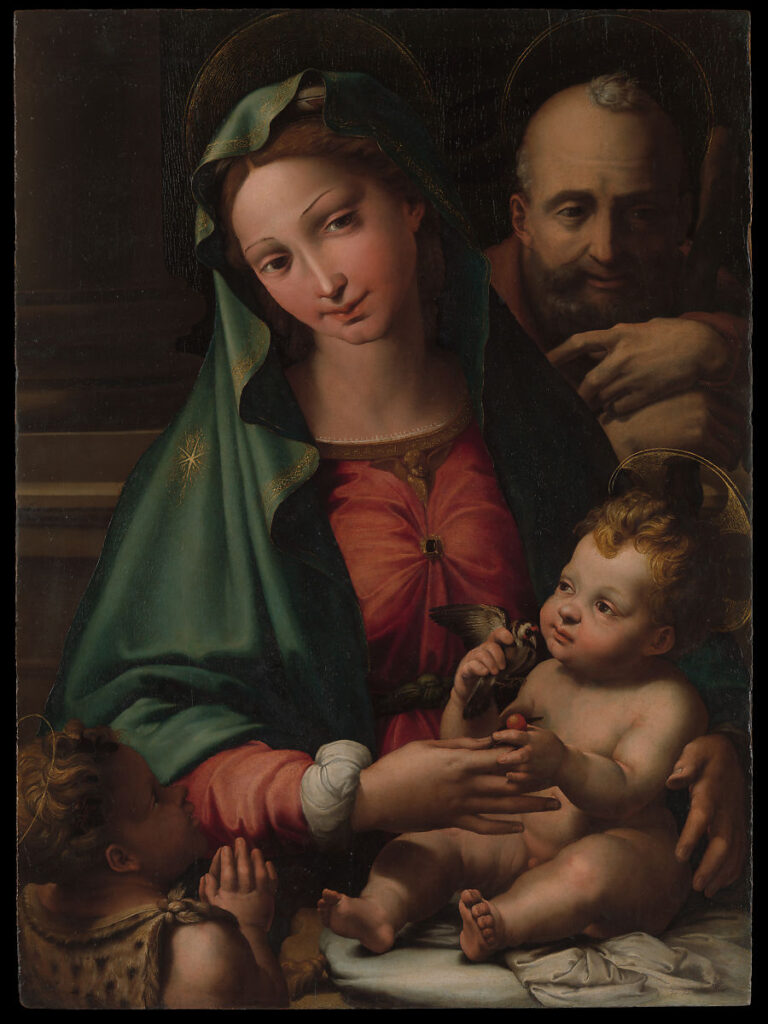
13. In view of the fact that Lord commanded that missionaries “from this hour” take neither purse nor scrip when they went “forth to proclaim this gospel of the kingdom,” why do missionaries today pay their own way rather than rely in faith on the generosity of those whom they encounter for their food and shelter?
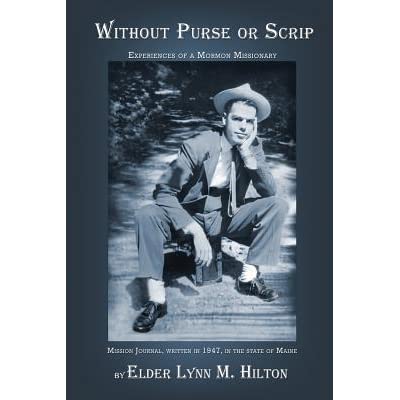
TREASURE HUNT: Identify the verse in which you can find each of the following ideas, stated or implied.
14. The single verse which best describes man’s part of the oath and covenant of the Melchizedek Priesthood.
15. The single verse which best describes God’s part of the oath and covenant of the Melchizedek Priesthood.
16. Everyone has a conscience.
17. The basis for President Benson’s teaching that the Church during the time of his presidency was under divine condemnation.

18. Lightmindedness drives away the Spirit.
19. We should be careful about talking publicly about miracles we have seen.
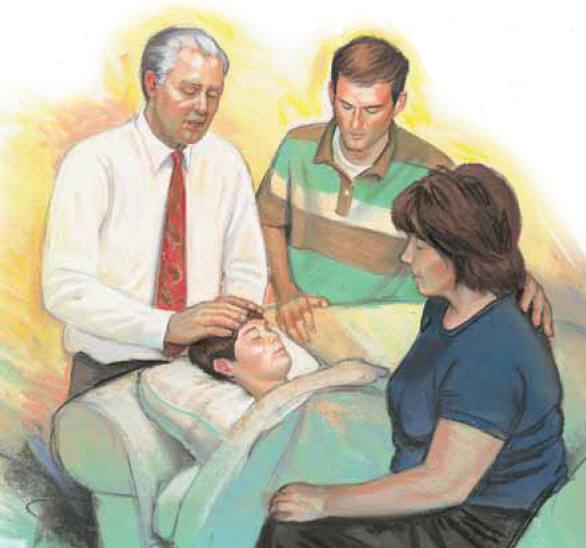
20. Personal preparation precedes inspiration.

21. Divine power accompanies missionaries.
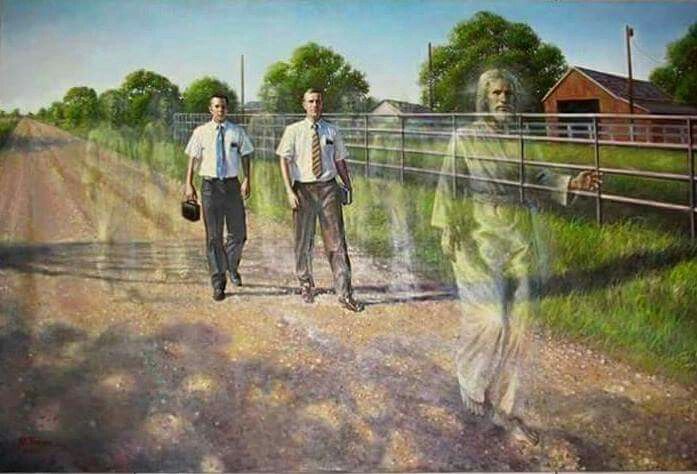
22. Continual tribulations may be expected in the world until the Second Coming.

23. Scriptural justification for junior companions in both the mission field and in the ministering program.
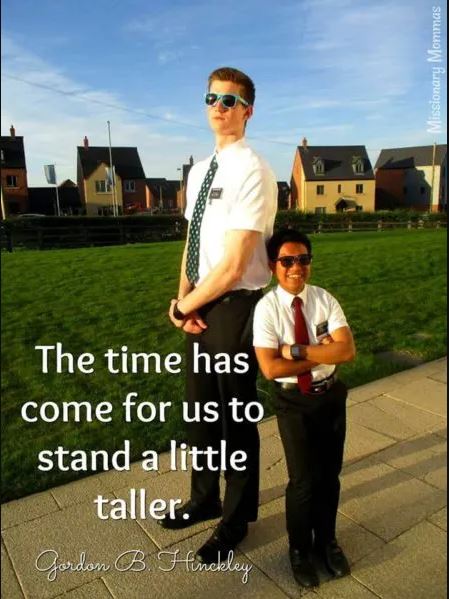
24. Every calling is important.

25. Bishops shouldn’t restrict welfare assistance to those who ask for it.
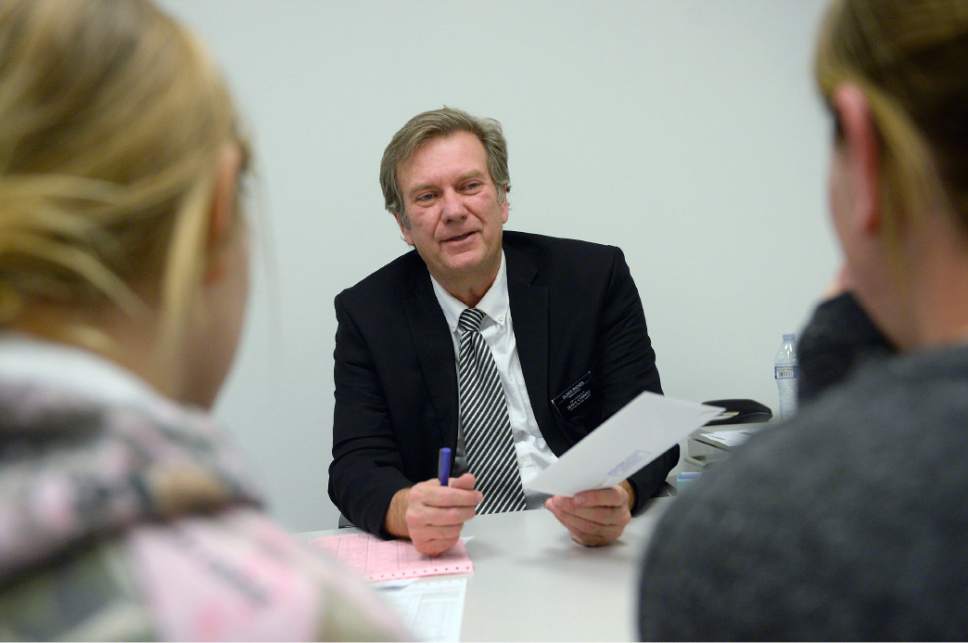
Possible answers to Points to Ponder in Doctrine and Covenants 84
1. Which do you consider the most likely reconciliation of 84:4-5 with the fact that we don’t yet have a temple in Independence, Missouri
a. A “generation” here means an era of indefinite length.
b. There are still people alive who were around in 1832 and will continue to live until this passage is fulfilled.
c. The term “shall be reared” should be read as a commandment rather than a promise.
d. The Lord rescinded the time limitation because of the opposition the Saints encountered from their enemies.
e. The passage was fulfilled by the building of the Kansas City Temple.
Your choice. Bruce R. McConkie suggested “d.” Others have suggested “a.” “B” seems unlikely, as does “e.” “C” seems possible.
2. The sentence which begins in verse 6 is concluded in what verse after a lengthy detour?
32
3. How would you condense the essence of that long sentence down to 25 words or less?
Here’s an 18 word proposal: “Adopted sons of Moses and Aaron will be glorified in the temple and make an acceptable offering therein.”
4. Which of the following do you believe is the most likely meaning of the statement that the Melchizedek Priesthood holds the “key of the mysteries of the kingdom, even the key of the knowledge of God”? (84:19)
a. Prophets will always hold the Melchizedek Priesthood.
b. Melchizedek Priesthood holders can know more about God than can Aaronic Priesthood holders, women, and children.
c. Temple ordinances are administered by the authority and power of the Melchizedek Priesthood.
d. Melchizedek Priesthood ordinances are greater spiritual experiences than Aaronic Priesthood ordinances.
c. Temple ordinances are administered by the authority and power of the Melchizedek Priesthood. [President Ezra Taft Benson suggested this would be the correct answer.]

5. How do you reconcile 84:22 with the fact that Joseph Smith saw the face of God without holding the Melchizedek Priesthood?
Perhaps an exception was made, since no one on earth at the time held the Melchizedek Priesthood, just as an exception was made when Joseph Smith was given the priesthood before being baptized. Or, more likely, it means that without being temporarily transfigured and protected from the intense light and heat, no mortal man could endure God’s presence.
6. What significant information do we learn from D&C 84 about the children of Israel during Moses’ time that is not clear from the Bible as we have it today?
They were offered the full blessings of the Melchizedek Priesthood and temple ordinances, including the opportunity as a nation to see God and enter into His rest. Disqualifying themselves through unfaithfulness, they lost that opportunity and were left with only the Aaronic Priesthood ordinances.
7. The “rest” (84:24) which the Lord decreed the ancient Israelites would not enter was
a. the land of Canaan
b. the opportunity of enjoying the Sabbath Day
c. the celestial kingdom
d. a state of spiritual peace
d. a state of spiritual peace
8. The promise of 84:33 of a renewing of bodies seems to mean that the righteous will
a. be resurrected
b. feel younger and more vigorous
c. be adopted into the House of Israel
d. all of the above
c. be adopted into the House of Israel (with entitlement to the same blessings as those who are biologically of that lineage)
9. How can the Lord promise such great blessings to “all … who receive this priesthood” (84:35), when many who have received the priesthood are now inactive?
Those who are inactive may have been ordained, but they have not really “received” the priesthood in the sense meant in this verse.
10. Since such severe penalties are threatened to those who break the priesthood covenant (84:41), wouldn’t it be safer never to accept the priesthood in the first place? Explain.
Verse 42 pronounces woes on those who “come not unto this priesthood,” so that is no solution. It might be noted that the severe penalties of 84:41 pertain only to those who “altogether” turn away–seemingly a reference to sons of perdition, not simply the slothful.
11. The meaning of the term “word of the Lord” as used in 84:45 is closest in meaning to
a. the scriptures
b. the teachings of the living prophets
c. personal inspiration
d. priesthood power
c. personal inspiration
12. How could John be ordained at eight days when you have to be baptized first and we don’t believe in infant baptism?
He wasn’t ordained to the priesthood at that age but appointed to a mission–e.g., “foreordained.”
13. In view of the fact that Lord commanded that missionaries “from this hour” take neither purse nor scrip when they went “forth to proclaim this gospel of the kingdom,” why do missionaries today pay their own way rather than rely in faith on the generosity of those whom they encounter for their food and shelter?
Conditions have changed, and the Lord, through living prophets, has rescinded the earlier instruction and given new directions.
TREASURE HUNT: Identify the verse in which you can find each of the following ideas, stated or implied.
14. The single verse which best describes man’s part of the oath and covenant of the Melchizedek Priesthood.
84:33
15. The single verse which best describes God’s part of the oath and covenant of the Melchizedek Priesthood.
84:38
16. Everyone has a conscience.
84:46
17. The basis for President Benson’s teaching that the Church during the time of his presidency was under divine condemnation.
84:57 In his first General Conference talk after his call as President, President Benson taught: “Unless we read the Book of Mormon and give heed to its teachings, the Lord has stated in section 84 of the Doctrine and Covenants that the whole Church is under condemnation: “And this condemnation resteth upon the children of Zion, even all.” (D&C 84:56.) The Lord continues: ‘And they shall remain under this condemnation until they repent and remember the new covenant, even the Book of Mormon and the former commandments which I have given them, not only to say, but to do according to that which I have written.’ (D&C 84:57.)
“Now we not only need to say more about the Book of Mormon, but we need to do more with it. Why? The Lord answers: ‘That they may bring forth fruit meet for their Father’s kingdom; otherwise there remaineth a scourge and judgment to be poured out upon the children of Zion.’ (D&C 84:58.) We have felt that scourge and judgment!
“The Prophet Joseph said that the Book of Mormon was the most correct of any book on earth, and the keystone of our religion, and a man would get nearer to God by abiding by its precepts, than any other book.’ (Book of Mormon, Introduction.) The Book of Mormon has not been, nor is it yet, the center of our personal study, family teaching, preaching, and missionary work. Of this we must repent.”
18. Lightmindedness drives away the Spirit.
84:54
19. We should be careful about talking publicly about miracles we have seen.
84:73
20. Personal preparation precedes inspiration.
84:85
21. Divine power accompanies missionaries.
84:88. This is a passage which reassured me as a teenage stake missionary called to work with the Spanish-speaking community near Rupert, Idaho, as I rode on my motorcycle on two lane highways in the dark, with a flannel board across the handle bars. Great memories!
22. Continual tribulations may be expected in the world until the Second Coming.
84:97
23. Scriptural justification for junior companions in both the mission field and in the ministering program.
84:106
24. Every calling is important.
84:109
25. Bishops shouldn’t restrict welfare assistance to those who ask for it.
84:112 “The bishop has a divine mandate to seek out and care for those with temporal needs (see Doctrine and Covenants 84:112).” (General Handbook, 22.6.1)
